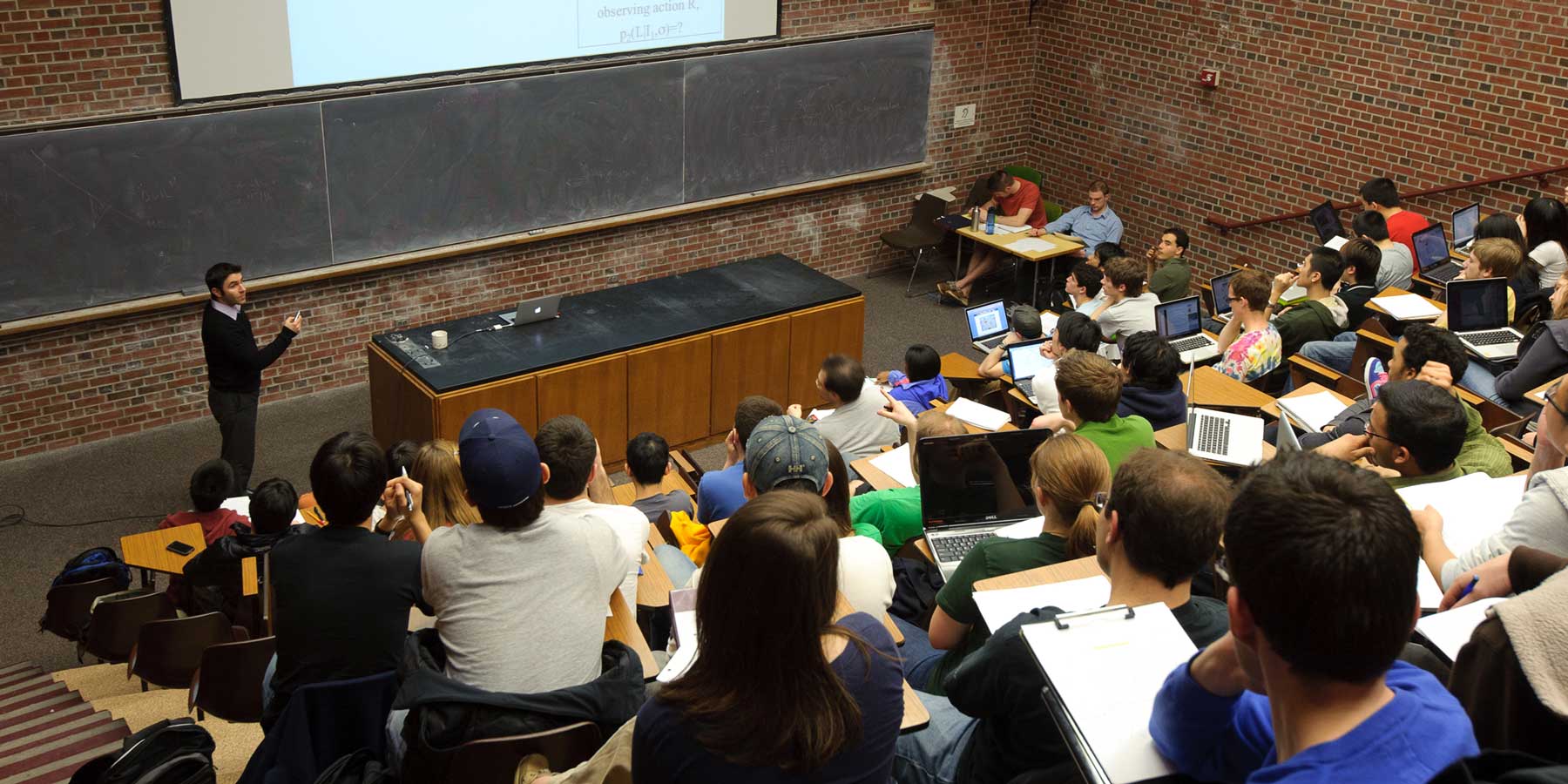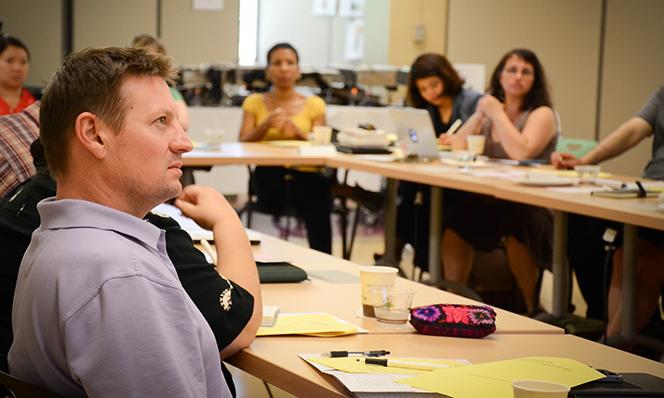by Caitlin Holmes and Caitlin Dungan
On Friday, April 24th, Mason’s Writing Across the Curriculum invited three experts on academic publishing to present on crucial information for writing and submitting book proposals. Our panelists, Dr. John Farina, Dr. Peter Stearns, and John Warren (click here for full biographies), provided thoughtful and supportive advice to attendees before workshopping proposals. Here, we will summarize a few key points that our presenters discussed, our tweets of the event (see the full Twitter feed here), and one presenter’s handout at the end of this piece.





